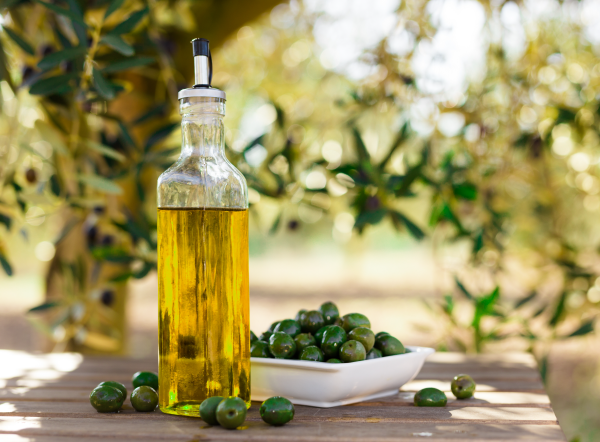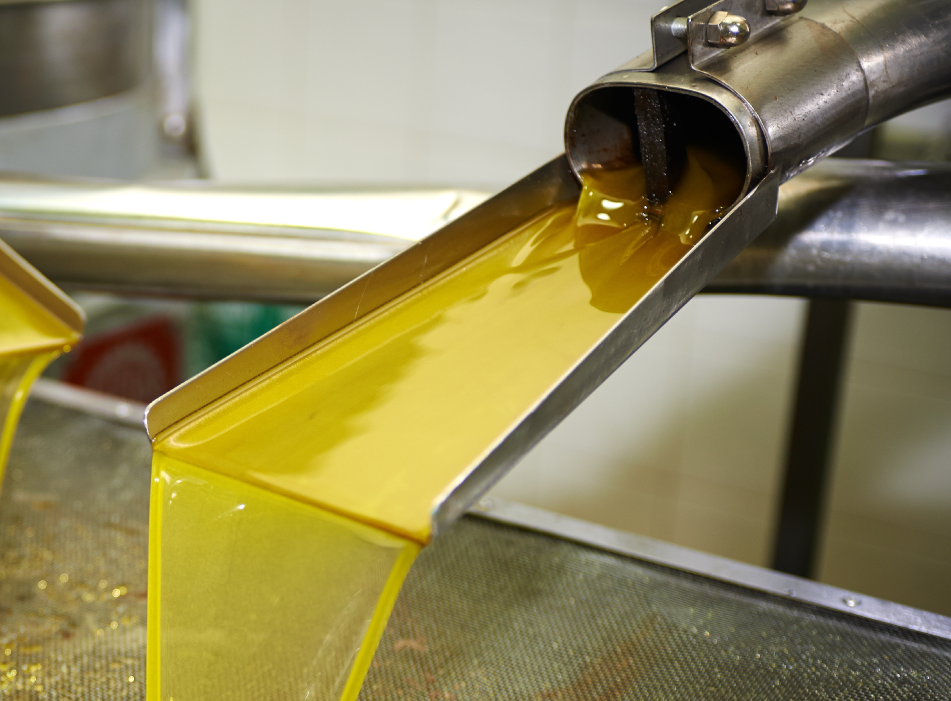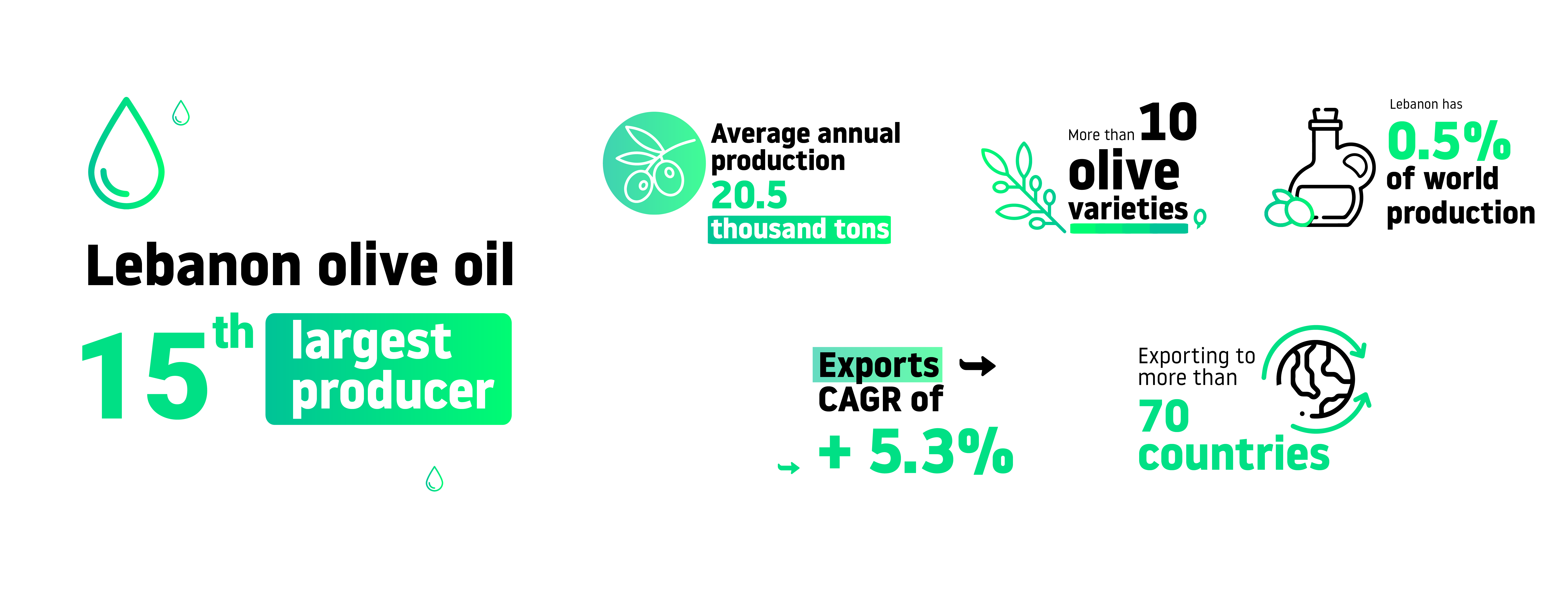Olive Oil
Source quality olive oils infused with our proud heritage, the warmth of our land, and centuries-old expertise
Overview
Lebanon, renowned for its rich olive orchards dating back centuries, is thought to be the historical birthplace of the olive tree. Its Mediterranean climate and fertile soil are ideal for the production of olive oil that is abundantly used in local gastronomy.
Olive oil is nowadays considered one of the most important Lebanese signature food products, and a major component of the country’s history and culinary tradition.
The olive oil industry in Lebanon is estimated to be worth around 70 million dollars annually with average annual production estimated at around 20.5 thousand tons. According to FAO, Lebanon was the 15th largest producer of olive oil in 2018 with a share of 0.5% of world production.
There are more than ten olive varieties grown in more than 6 regions in Lebanon extending from North to South, with each region offering a distinct taste native to the specifics of its land. North of Lebanon represents 41% of olive oil production followed by the Nabatieh region in the South with 21% of olive oil production.
Over the years, olive oil production in Lebanon is becoming more sophisticated and compliant with international best practices. In 2014, the Ministry of Agriculture launched the Lebanese National Laboratory for the Olive Oil testing to support the growth of this sector and help it access new markets. Moreover, the Lebanese Standards Institute (LIBNOR) imposes stringent requirements on olive oil production to make it in line with international quality standards.



Industry Players
The market for olive oil and olive production in Lebanon is highly competitive. There is around 544 registered oil mills and 110,000 registered olive farmers and growers. However, full-time farmers of olives are much less.
Around 77% of olive oil producers are small artisanal and niche growers, managing olive orchards of 5,000 sqm or less.
There are also several cooperatives, especially in the North and South of Lebanon that produce high-quality olive oil albeit at a small scale.
Medium-scale olive growers and olive oil traders are increasing in number as more entrepreneurs are entering the sector out of passion and easy market entry.
Many of the emerging new olive oil producers are using high-quality techniques and achieving global recognition and amassing awards in international competitions.
Organic oil production is also increasing and becoming more popular among local and foreign consumers.
Large-scale commercial olive oil growers who own fields greater than 10,000 sqm represent 9% of Lebanese olive farms. These large areas are owned by large families or major oil bottlers and traders.
The institutional growers in Lebanon are highly efficient in managing their orchards and follow best agriculture practices to produce higher yields. They produce and sell more than half of the total oil produced in Lebanon.
Check our exporter directory to find our verified list of olive oil producers in Lebanon.
Export Performance
Lebanon has been a net exporter of olive oil for more than 5 years, with an aggregate surplus of $117m between 2016 and 2020. Olive oil exports have been growing at a compound annual growth rate (CAGR) of 5.27% since 2012. The top destinations for olive oil exports in 2020 included the United States (25%), Saudi Arabia (11%), and Kuwait (10%) (Source: Lebanese Customs).
While competition with more prominent countries remains fierce, Lebanese producers are distinguishing their products by strengthening their packaging and labeling, as well as perfecting the quality of their oil through rigorous testing.
More than 70 countries are importing Lebanese olive oil with the main drivers being the USA, Saudi Arabia, Kuwait, Venezuela, and Canada. Kuwait and Venezuela import most of their olive oil from Lebanon, with Lebanese olive oil representing 76% and 82% respectively of their imports of olive oil. This demonstrates the strong potential of Lebanese olive oil to enter markets even as far as Latin America.


Our Advantage
- Diverse topography, fertile soil, microclimates, and a wide range of olive varieties allows the production of uniquely flavored high quality olive oil.
- Market leaders with several companies offering a wide range and variety of premium olive oil including organic olive oil, exotic flavors, and other niche specialties.
- Premium products at cost-competitive rates that can compete with world leaders in olive oil.

